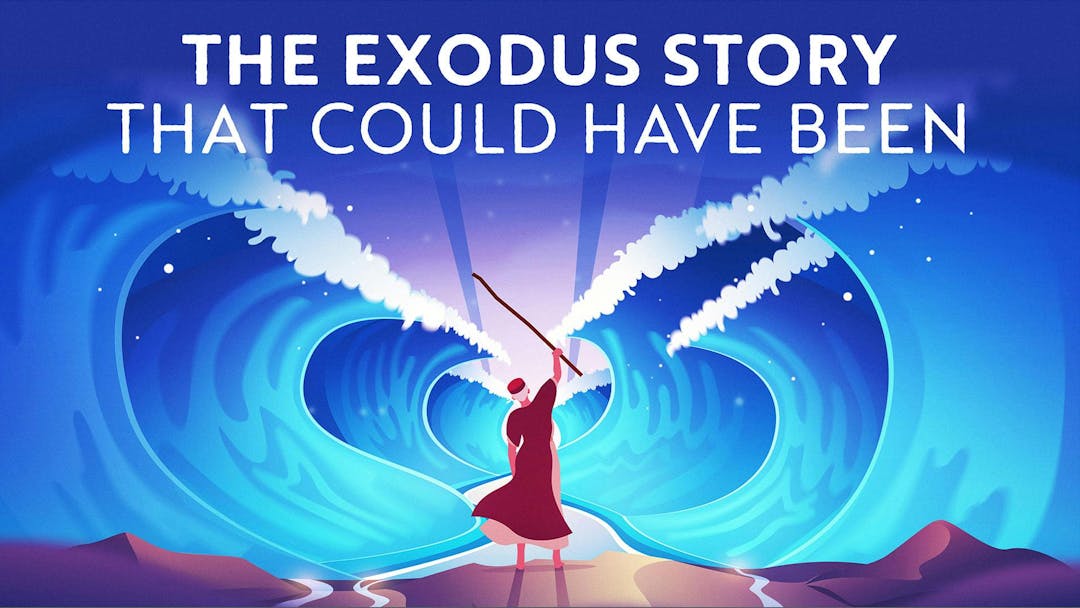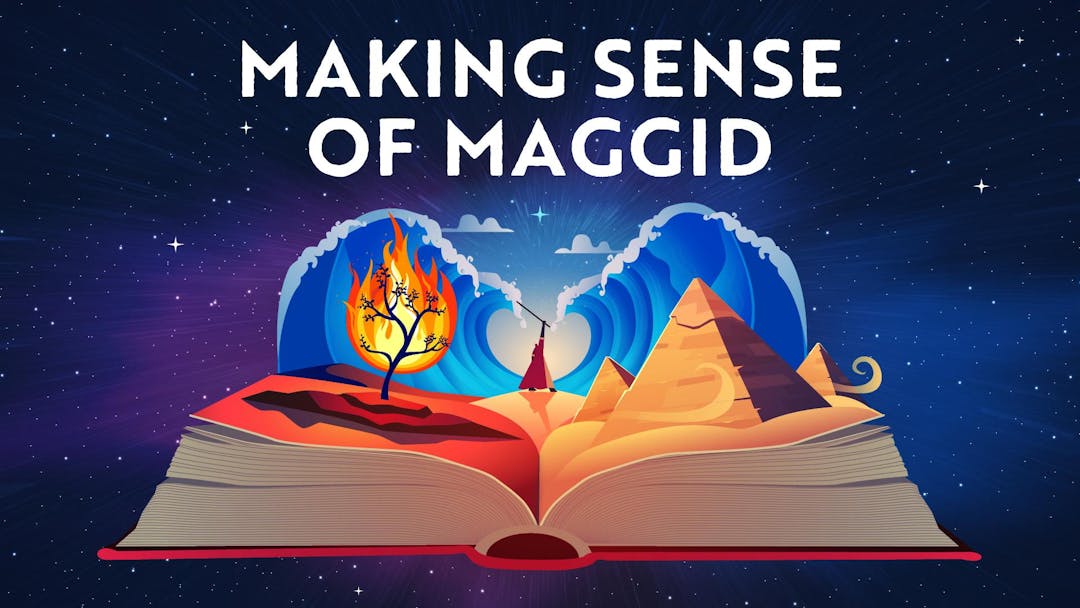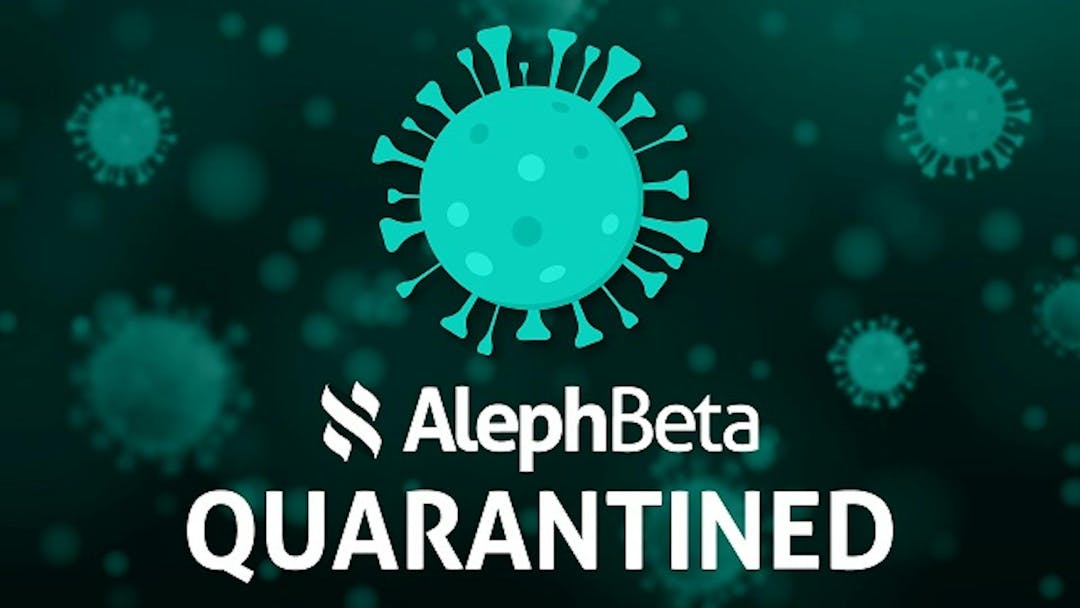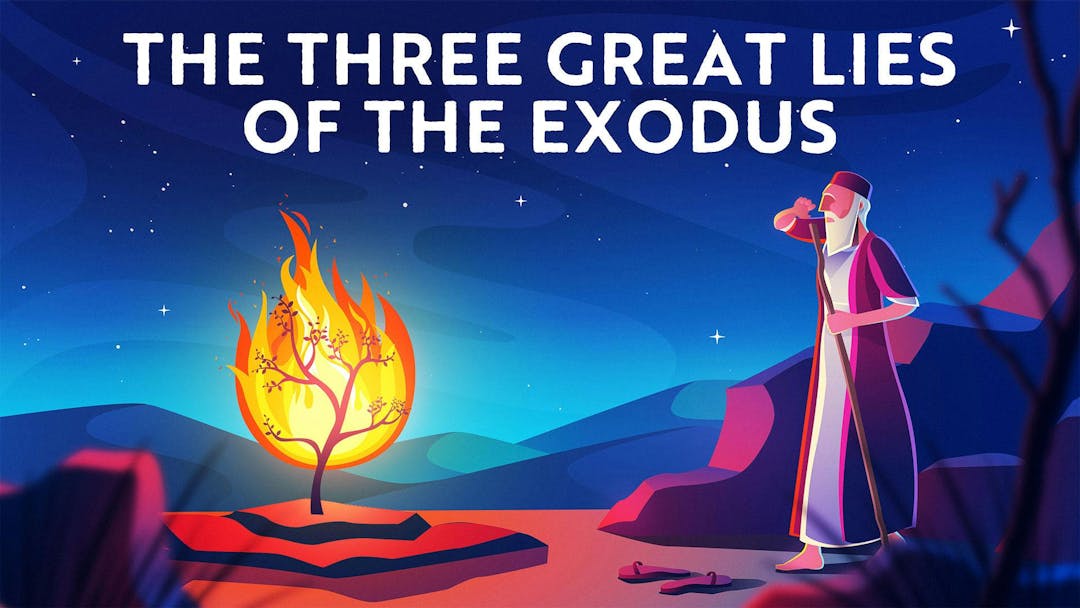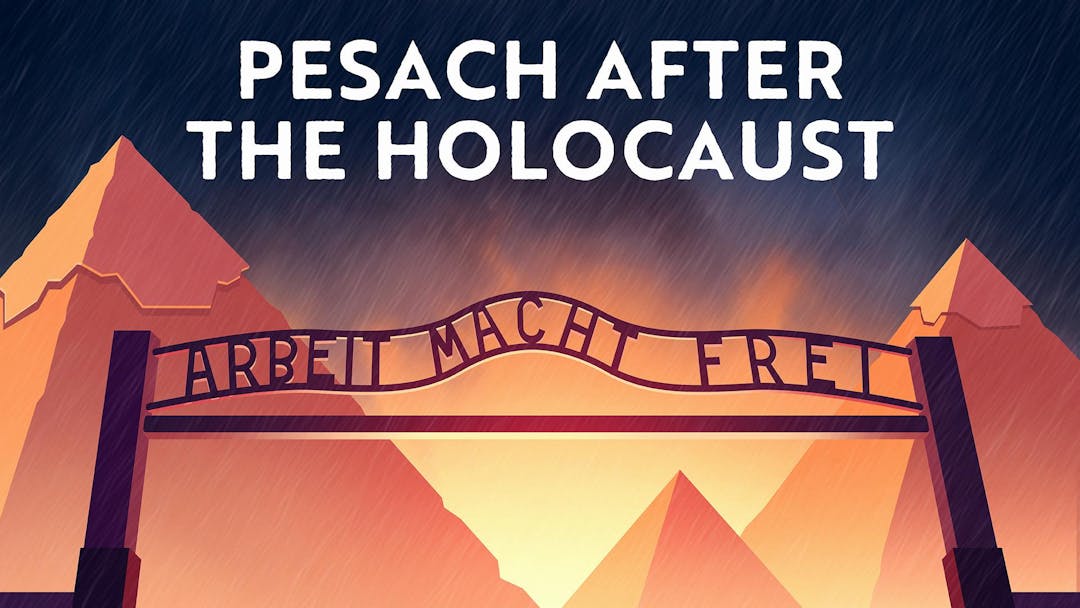Start your free trial today to unlock the full library and enjoy unlimited and uninterrupted access.
Get StartedWhy Did God Allow Slavery? (Part 1 of 5)
If God Mandated Our Slavery, Why Praise Him for Our Freedom?
The Haggadah plays such a large part of the Seder, that sometimes we don't ask the big questions about why we celebrate Passover:
- Why do we read the Haggadah, when the backbone of the text is from Deuteronomy, rather than Exodus itself?
- Or, why do we celebrate that God took us out of slavery, if He was the one who let us become slaves in the first place?
Regarding the first question, in the Haggadah, the Sages point our focus to a personal telling of the Exodus in Deuteronomy, rather than the actual account of the Exodus story. Does this imply that we should also take a personal perspective when retelling the Exodus on Passover?
Regarding the first question, the Haggadah points to God's promise to Abraham that He would save his descendants – but first the Israel nation would become captive for four generations. Why did God allow the Israelites to become enslaved in the first place? Why not skip the whole slavery part, and go straight to the happy ending?
In this course, Rabbi Fohrman re-examines the Haggadah text in search for answers, finding a new perspective behind the Haggadah's meaning, and deeper understanding as to why we have so much to be thankful for during our Passover celebrations.
Discover other great passover videos at Aleph Beta, including ‘The Hidden Structure of The Ten Commandments’, ‘Why Did God Harden Pharaoh's Heart?’, and ‘The Spiritual Meaning of Crossing The Red Sea’.
Want to watch the full video for free?
Enter your email and we’ll send you a link to watch the full series free.
What is Aleph Beta?
Aleph Beta is a unique kind of Torah library. Led by our founder, Rabbi David Fohrman, we are dedicated to high-level, textual Torah learning for adults that is intellectually and spiritually sophisticated, that enlivens your Jewish practice and helps you forge a deeper connection to God. Whether you’ve been learning in yeshiva for years or you’re just beginning your Torah journey, you’re sure to find something meaningful and surprising waiting for you here.
Browse our library of over 1,000 beautifully produced animated videos, podcasts, deep dive courses, and printable guides. Topics include the weekly parsha, Jewish holidays & fast days, laws & mitzvot, prayers, relationships, big philosophical ideas and more. Have something to say at the Shabbos table that will amaze your family and guests and bring deep meaning into their lives.
